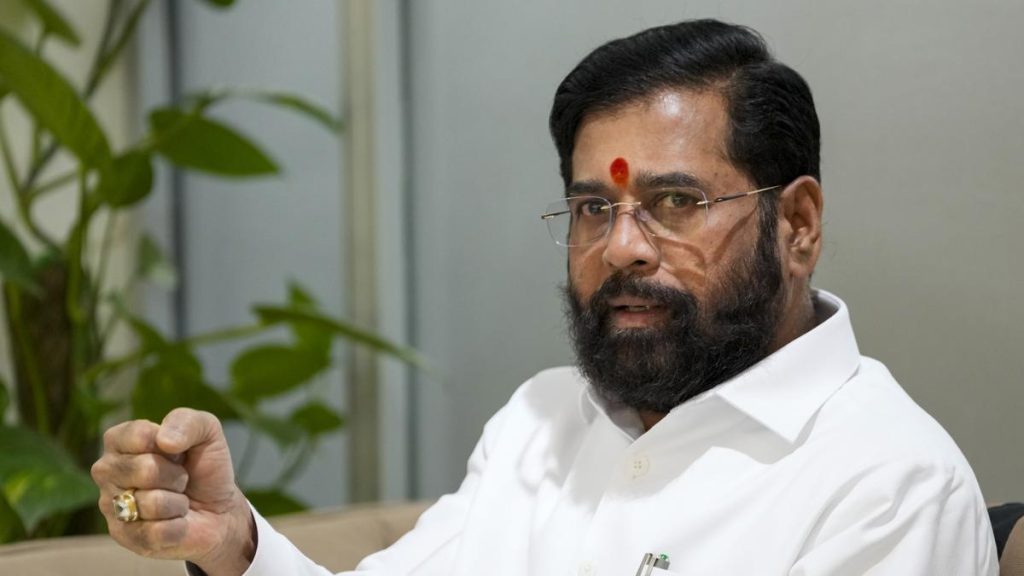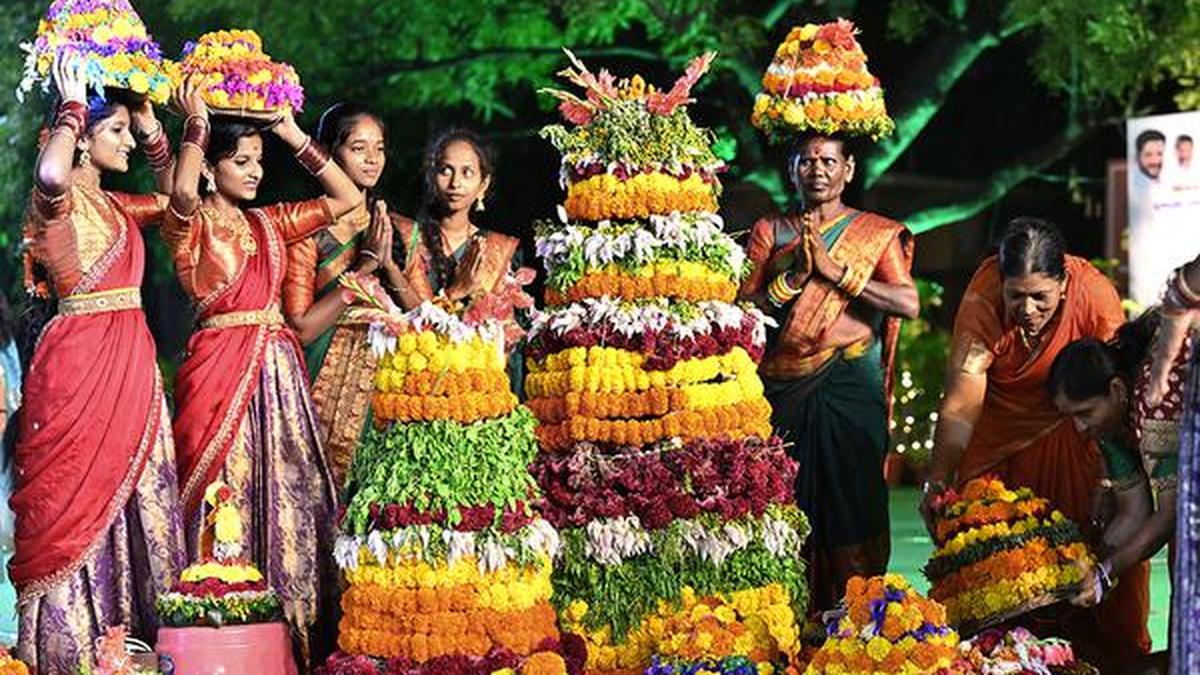Now Reading: Legislative Council Chairman Confirms Kavitha’s Resignation Still Pending
-
01
Legislative Council Chairman Confirms Kavitha’s Resignation Still Pending
Legislative Council Chairman Confirms Kavitha’s Resignation Still Pending

Quick Summary
- Resignation Letter: Telangana Legislative Council Chairman Gutta Sukender Reddy confirmed that MLC K Kavitha’s resignation letter remains pending with him. He urged her to reconsider,citing emotional decision-making,but no further action has been taken.
- Suspension from BRS: Kavitha was suspended by the Bharat Rashtra Samithi (BRS) party on September 2, 2025, for “anti-party activities” and “damaging the party.” She resigned from both the party and her MLC post on September 3.
- Criticism of Party Leaders: kavitha accused senior BRS leaders T harish Rao (former Irrigation Minister) and J Santosh Kumar (former MP) of corruption in the Kaleshwaram irrigation Project. She claimed they conspired with Telangana Chief minister A Revanth Reddy to tarnish K Chandrashekar Rao’s image.
- Family Dynamics: Despite targeting her cousins Harish Rao and Santosh Kumar for factionalism within the Kalvakuntla family, she spared her brother K T Rama Rao (BRS working president).
- Telangana Jagruthi Activities: Post-suspension, Kavitha has actively worked through Telangana Jagruthi, a cultural organisation connected to Bathukamma festivities. Her intensified presence at these events aims at engaging women across Telangana and abroad.
- Public Endorsement: Residents of Chintamadaka village (KCR’s native place) invited Kavitha for Bathukamma celebrations despite familial estrangement.
Indian Opinion Analysis
The political fallout between MLC K Kavitha and the Bharat Rashtra Samithi following allegations of corruption marks a significant shift within one of India’s prominent regional parties. The incident underscores internal discord in the Kalvakuntla family at a crucial juncture ahead of state elections. While allegations regarding high-profile projects highlight potential governance issues that could tarnish BRS’s reputation, Ms Kavitha’s focus on grassroots engagement through cultural initiatives appears strategic in maintaining public relevance.
Her suspension exposes cracks in unity within one of India’s most influential political families-the ripple effects may extend beyond personal dynamics to impact voter confidence in leadership stability during future polls. Though, continued support from sections like Chintamadaka villagers indicates resilience in her individual appeal despite strained family ties. How this complex socio-political situation unfolds remains pivotal to understanding not just BRS’ internal affairs but also female power-play roles growing steadily in politics.























